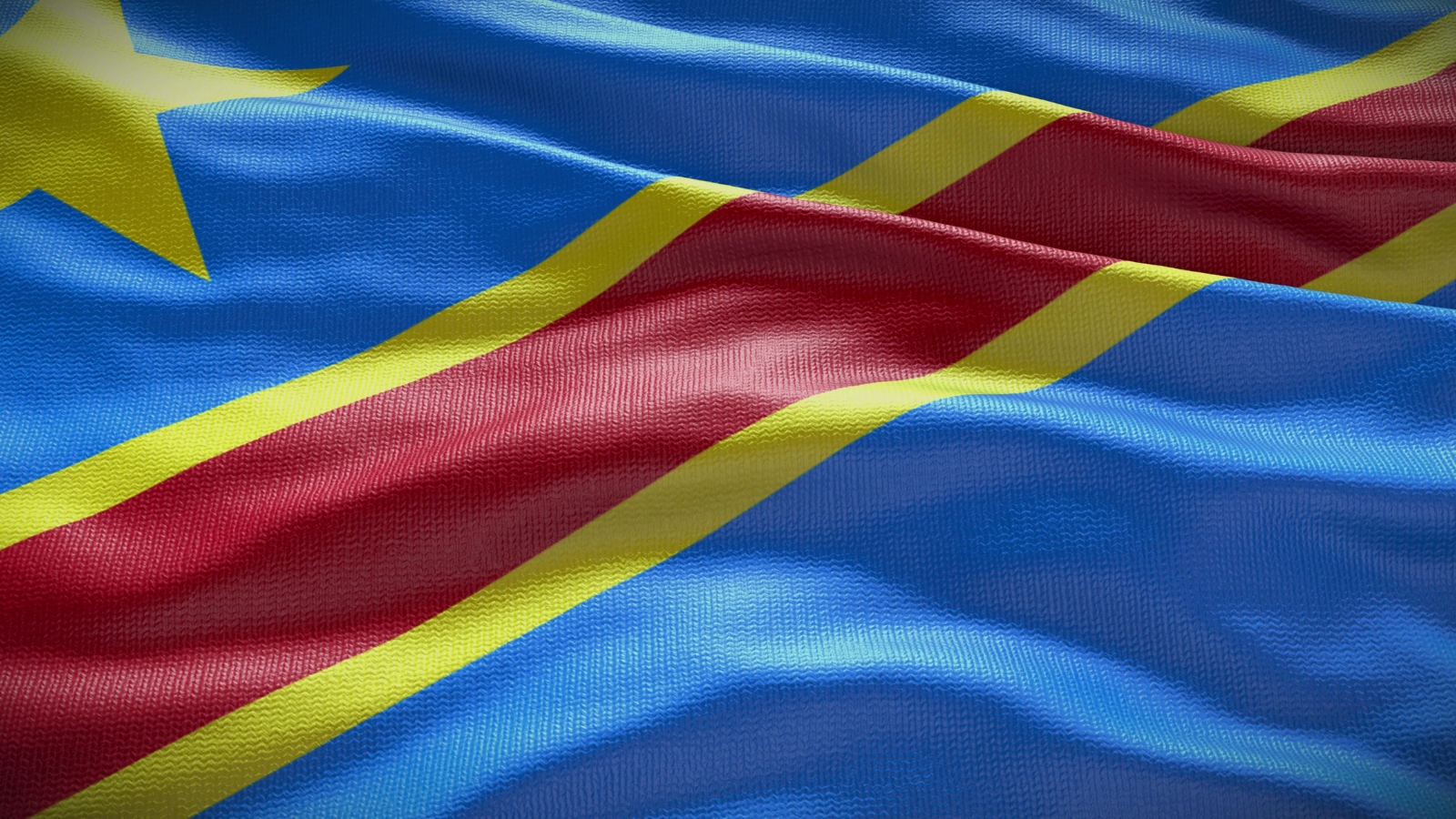In a devastating surge of violence, the eastern Democratic Republic of Congo (DRC) has witnessed the deaths of at least 700 individuals and injuries to 2,800 more over a five-day period, according to United Nations reports.
The recent offensive by the M23 rebel group, reportedly backed by Rwanda, has led to the capture of Goma, a strategic city in the DRC’s North Kivu province. The UN has documented severe human rights violations during this period, including summary executions and mass rapes. The conflict has also resulted in significant disruptions to humanitarian efforts, with shortages of food, clean water, and medical supplies exacerbating the crisis.
The World Health Organization (WHO), in collaboration with government partners, conducted an assessment revealing the staggering toll of the conflict. Officials warn that these figures are likely to rise as more information becomes available. The UN agencies have called for an immediate cessation of hostilities, emphasizing the worsening conditions in Goma, a city of approximately 3 million residents.
The International Organization for Migration (IOM) has expressed concern for the hundreds of thousands of civilians displaced by the violence, many of whom were already living in precarious conditions. Amy Pope, IOM Director General, highlighted the severity of the situation, stating, “With the current alarming upsurge in fighting, an already dire situation is rapidly becoming very much worse.”
The DRC government has accused Rwanda of supporting the M23 rebels, a claim that Rwanda denies. Regional leaders have called for an immediate ceasefire to prevent further escalation. The international community remains deeply concerned about the potential for the conflict to expand into a broader regional war, given the involvement of neighboring countries.
As the situation continues to evolve, the need for urgent humanitarian assistance and a peaceful resolution to the conflict becomes increasingly critical. The UN and other international organizations are actively working to address the immediate needs of those affected while advocating for a sustainable end to the violence.











